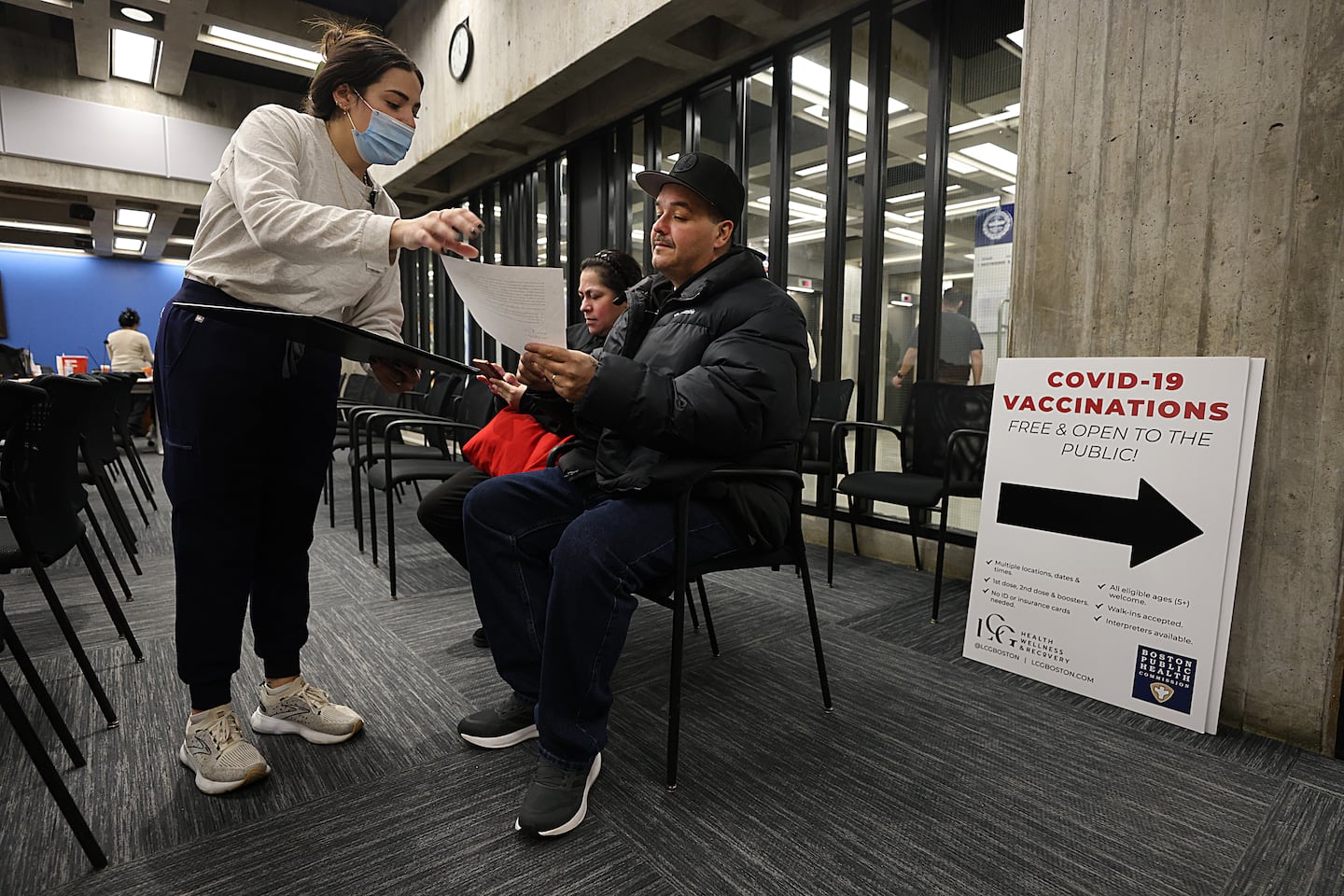UPDATE: New reports reveal that seemingly “mild” symptoms could indicate serious health issues, sparking urgent conversations among health advocates and patients alike. A wave of personal stories highlights the importance of self-advocacy and listening to one’s body, shedding light on conditions that could escalate without prompt attention.
Individuals are sharing alarming accounts of symptoms that initially seemed inconsequential but turned out to be life-threatening. For instance, one woman experienced what she thought was simple stomach pain, only to discover it was appendicitis after rushing to the emergency room. “Always trust your gut,” she cautioned, emphasizing the critical need to seek help when something feels off.
Another harrowing tale comes from a mother whose daughter, only 18 years old, was hospitalized with sepsis after ignoring her mild symptoms. “Listen to your body and get a second opinion if necessary!” she implored, warning others of the dangers of dismissing minor discomforts.
Medical professionals stress that symptoms such as persistent fatigue, unexplained pain, or sudden changes in health should never be overlooked. A woman described her alarming experience of extreme tiredness, leading to a diagnosis of a serious heart condition. “I ended up with open heart surgery a year later,” she shared, underlining the urgency of addressing what may seem like benign issues.
Experts suggest that even common symptoms can mask serious conditions. For example, one individual ignored back pain, only to find it was a pulmonary embolism that required immediate treatment. “When in doubt, get it checked out!” they advised, emphasizing the importance of proactive health care.
In a shocking revelation, another story recounted a seemingly harmless headache that evolved into sepsis. “By the time they caught it, I had an infection in my heart,” the survivor recounted, highlighting the critical need for early detection and intervention.
Healthcare providers urge the public to pay attention to their bodies and act swiftly when symptoms arise. The phrase “better safe than sorry” has never held more weight, as many individuals have reported near-misses with conditions like ovarian cancer and diabetes that could have been caught earlier.
The sentiment is clear: be vigilant. Whether it’s a minor ache or a persistent cough, recognizing red flags can be life-saving. “If you have a physical sore anywhere on your body, no matter how small, always have a doctor look at it,” one contributor warned. Staph infections and other serious conditions can develop from what seems like a minor issue.
As these stories circulate, they serve as a crucial reminder that health is not to be taken lightly. Recent statistics indicate that early detection significantly improves treatment outcomes for many serious conditions.
What’s next? Health experts recommend regular check-ups and open discussions with healthcare providers about any changes in health. The collective message is powerful: trust your instincts and advocate for your health because, in many cases, it could be a matter of life and death.
As these poignant stories continue to emerge, they encourage discussions about health awareness and the importance of not ignoring potential warning signs. If you or someone you know has experienced similar “mild” symptoms, sharing your story could save a life.
Stay informed, stay vigilant, and remember that when it comes to health, it’s always better to err on the side of caution.







